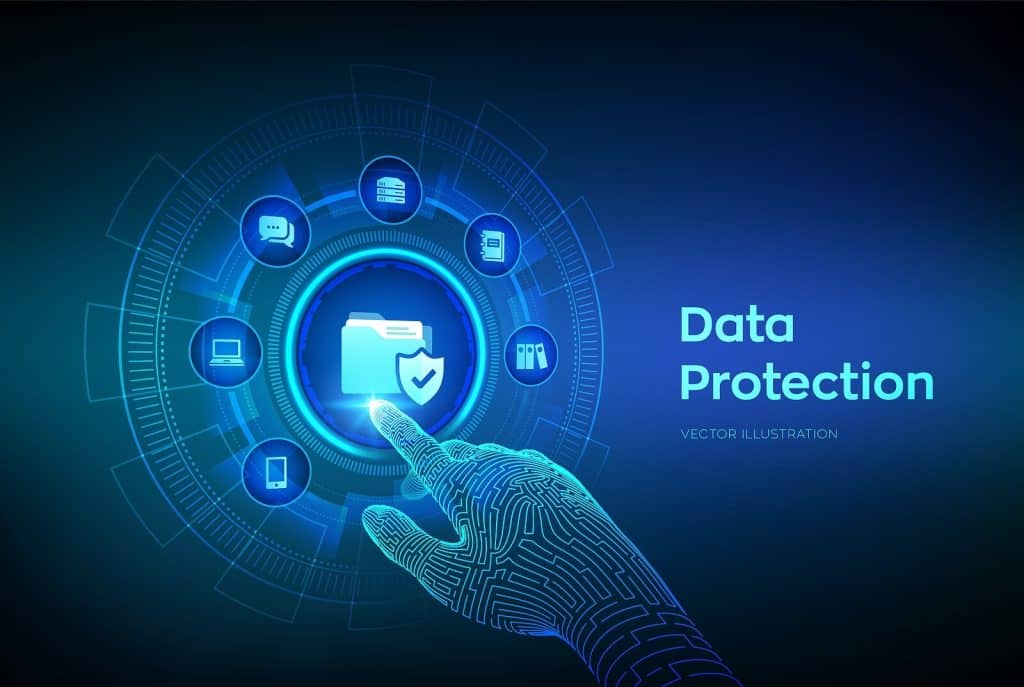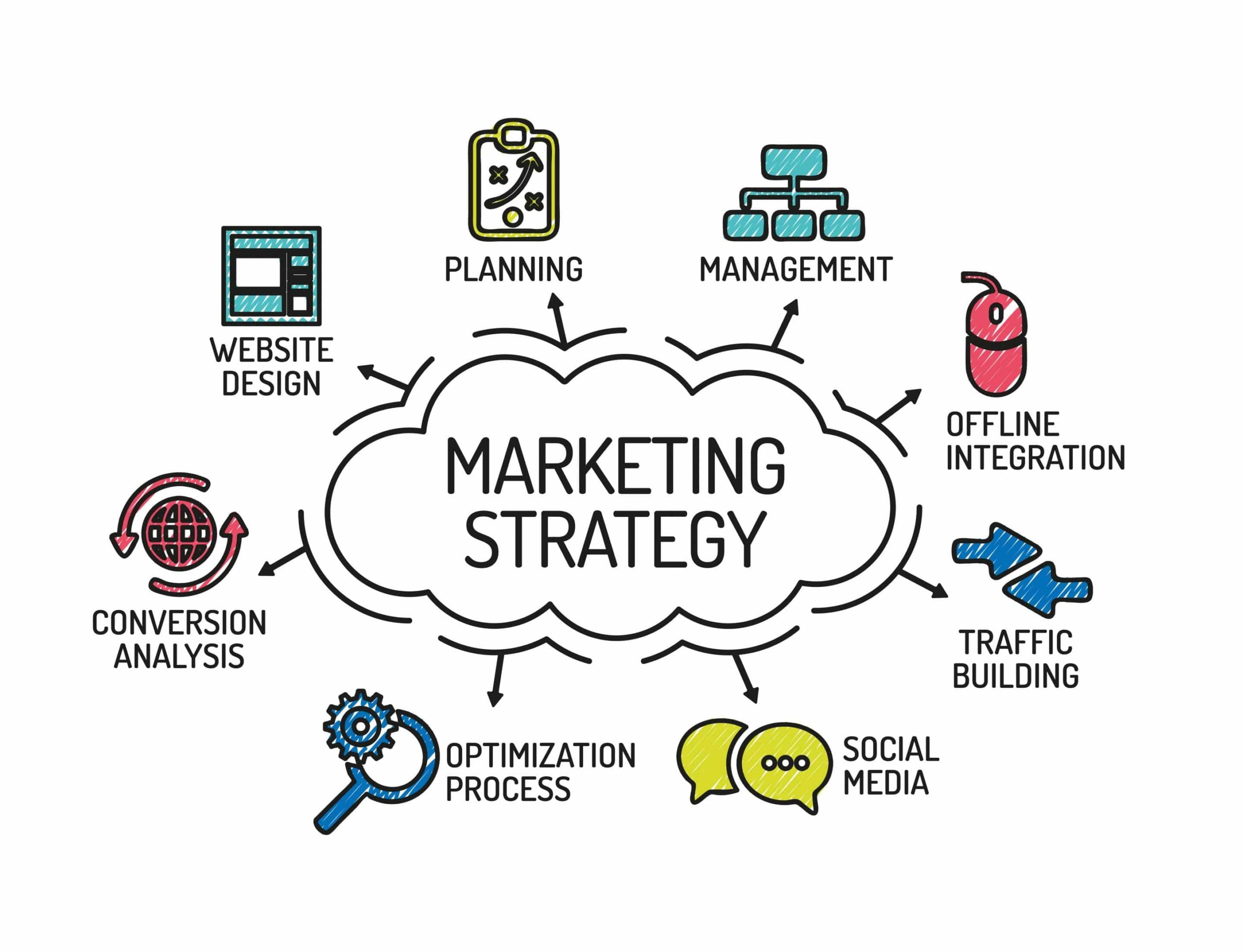Data security is no more hype; it’s all about protection and the new security measures we take for our data. It is not just about encryption, although encryption is a crucial part of data security. Data security goes beyond that; you need to be aware of what you are doing with your data and keep it secure at all times.
When the General Data Protection Regulation (GDPR) comes into effect, companies across the globe need to be aware of the risks involved and how to deal with them.
A data breach could devastate your business, and even if you haven’t experienced a breach yet, you may be affected by the GDPR. This regulation will apply to all companies that handle data from European Union residents.
Data breaches are becoming more common. Several reports claim more than one billion records have been compromised since 2009.
If you use the internet in today’s world, then you need to know about data security. You need to know about data security if you store private information online. You need to know about data security if you have a device that accesses the internet. If you’re interested in learning more about data security, this article is for you.
What is data security?
A data breach is when a third party has access to your data. This could happen if the third party gains access to your system or if you lose control of your data due to poor security. The first step to minimizing a data breach’s impact is identifying where it occurred.

If you know where the violation occurred, you can take steps to prevent it from happening again. You should also notify affected individuals and file a report with law enforcement agencies and regulators. If you don’t know where the breach occurred, you won’t be able to prevent it from happening again.
An intentional data breach occurs when a company deliberately exposes your data for gaining. This is usually done for malicious reasons such as spamming or blackmailing. Identify where the violation took pl.ace. If you know whwhichook plaviolationu, you can take steps to prevent it from happening again.
How does data security work?
If your company handles data from EU residents, you’ll need to comply with the General Data Protection Regulation (GDPR). While the GDPR isn’t as strict as the US Privacy Act, it requires companies to provide a clear policy for protecting customer data.
For example, you’ll need to ensure that your site is secure. Hackers love to exploit unsecured websites, so ensure your site is protected. Many companies have already implemented this, but it doesn’t hurt to double-check.
You’ll also need to check your website’s login system. Many sites allow you to log in using a username and password, but it’s important to ensure this isn’t the case. Check that your site is PCI compliant, which means it’s built to prevent credit card fraud.
Finally, you should check your company’s email systems. There’s a good chance your company uses a third-party service, such as Gmail, Outlook, or iCloud.
If you’re using a third-party service, check that it’s fully compliant with the GDPR. In short, the GDPR is a law that protects your data and makes sure companies are doing what they can to protect it.
Why is data security important?
According to a recent study, nearly half of all organizations are liable to experience a data breach. And this is only going to get worse as time goes on.
A data breach can cause major problems for your company, such as lost profits, reputation damage, and even fines. With the introduction of the General Data Protection Regulation (GDPR), the consequences of a data breach are not escaping.
How can I improve my data security?
Data breaches are becoming more common. Several reports claim more than one billion records have been compromised since 2009. A recent study found that more than half of all US consumers believe their personal information was stolen in a data breach, and the number is increasing yearly.
As a result, the General Data Protection Regulation (GDPR) will come into effect in May 2018. This regulation will apply to all companies that handle data from European Union residents.
The GDPR applies to all organizations processing data from individuals in the EU. It also applies to organizations that offer goods and services to people in the EU. It’s important to note that the GDPR doesn’t apply to organizations that process data from residents outside the EU.
Frequently Asked Questions (FAQs)
Q: How important is it for your company to protect customer data?
A: Every organization needs to ensure its customers’ personal information is secure to conduct business with confidence and trust. Data security has never been more important.
Q: What are some key data security risks your organization faces?
A: Organizational data is stored across an enterprise in various formats and locations. This creates several opportunities for misuse and unauthorized access.
Q: Are these data security risks something you’ve seen in the past, or are you seeing more of them today?
A: We’ve always had concerns about data security. Recently, we’ve experienced more cyber attacks on organizations because they haven’t implemented data security properly.
Top Myth about Data Security
1. Data security can be expensive.
2. Data security is hard to implement.
3. Data security will make your company look like a security risk.
4. Data security is something that has to be dealt with.
Conclusion
In recent years, there has been a massive growth in data collection and usage. With this comes the risk of data breaches. These breaches can cause harm to both individuals and organizations.
The data breach issue will only become more prevalent over the coming years. That’s why it’s important to know what you need to do to stay safe. This is where the topic of data security comes into play. It’s a topic that I often see covered in the media.
What exactly does data security mean? It’s quite simple. It’s the process of keeping your data safe from unauthorized access and misuse. However, I wanted to look at atopic anatopichlight some of the most important aspects of data security.







